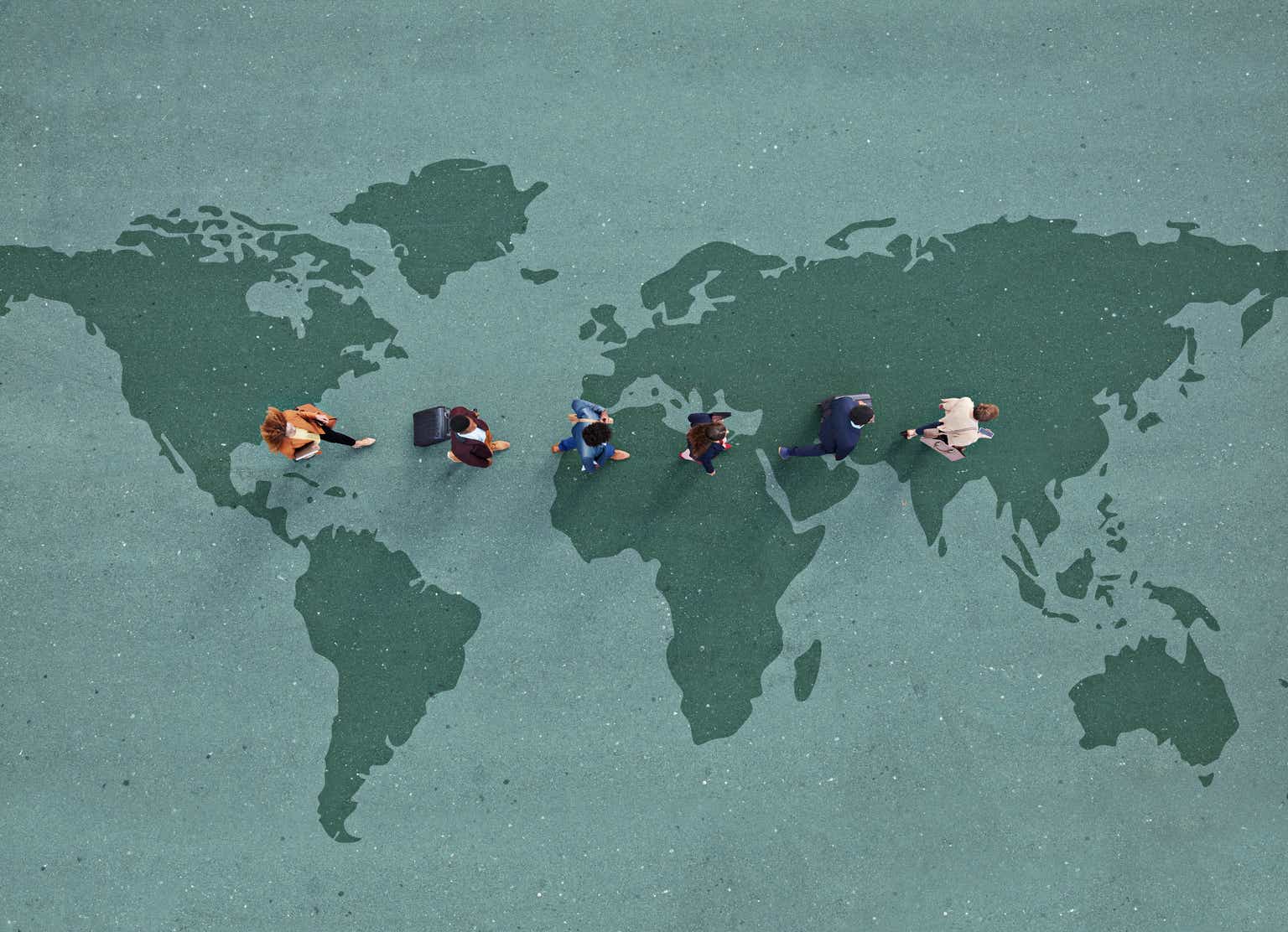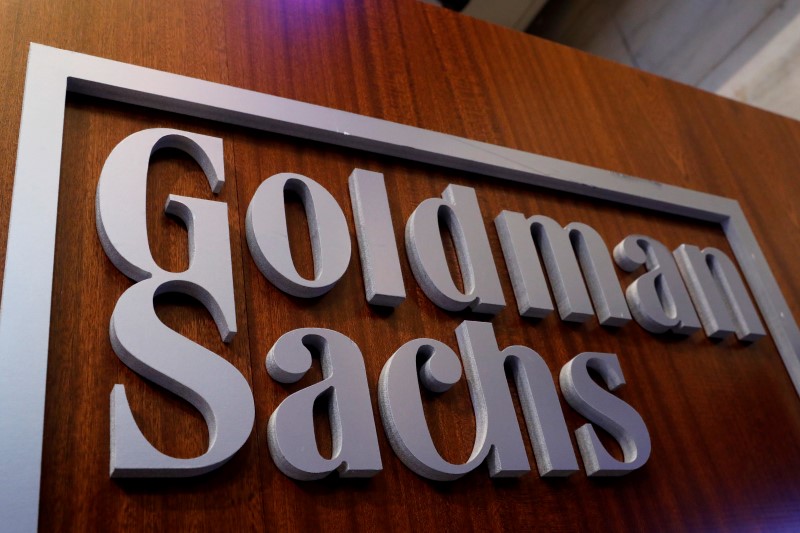Nearly six and a half months back when Russian President Vladimir Putin ordered troops into the so-called Luhansk People’s Republic and Donetsk People’s Republic regions of Ukraine after recognising their independence and sovereignty, the Western alliance had imposed sanctions that were more stringent than ever before. It was an economic war of unprecedented proportions. The most important of the sanctions targeted the financial sector.
Immediately after the Russian invasion, the US Treasury took measures that effectively immobilised any assets of the Central Bank of the Russian Federation (CBR) held in the US or by US persons, wherever located. The US’ European allies acted almost in sync to prevent the CBR from deploying its international reserves and also decided to remove select Russian banks from the SWIFT messaging system to ensure that these banks were disconnected from the international financial system, thus blocking their global operations.
Eventually seven banks were taken down from the SWIFT. The US escalated the sanctions in early April by imposing full blocking sanctions on Sberbank, Russia’s largest state-owned bank, and Alfa-Bank, the country’s largest private bank. These sanctions were intended to lock out Russia from international finance.
Rouble’s travails
Initially, the sanctions seemed to have had their desired effect. In less than three weeks after the Russian incursion, the value of the rouble crashed by 60 per cent; from 76 roubles to 120 roubles to a dollar. The prognosis of some commentators was that by the end the year rouble could be approaching 200 per dollar. The Russian economy was also expected to be in a free fall; its GDP could decline by over 10 per cent and inflation rate could top 50 per cent in 2022.
But in recent months, there are indications that the sanctions have not impacted Russia as much. The rouble has been consistently strengthening vis-à-vis the US dollar, after bottoming out in the first half of March. At the end of June, it was 51 roubles to a dollar, but since mid-July the value of the rouble has stabilised at around 60 to a dollar.
The IMF, in its outlook in April, had predicted Russia’s economy to contract by 8.5 per cent in 2022, an improvement over what was anticipated when the sanctions were imposed. The update in July revised the growth projections, indicating that the economy would shrink by 6 per cent.
However, the market was more upbeat about Russia’s economic prospects during the year; JP Morgan had predicted in July that the country’s GDP would shrink just 3.5 per cent in 2022. The Russian Economy Ministry predicts a sub-3 per cent contraction during the year. But the veracity of this number has been widely questioned.
Finally, the inflationary pressures that Russia currently faces are once again significantly less than what was anticipated in February-March. It was expected that once the sanctions bite. Russia’s isolation from the global economy, and supply shortages would cause inflationary pressures, crippling the economy. But Russia seems to be doing much better than predicted.
According to the CBR forecast, annual inflation is expected to be in the 12-15 per cent range in 2022, an improvement from the 18 per cent recorded in April.
How did Russia manage to blunt the impact of the Western sanctions and prevent a free fall of its economy? Immediately after the sanctions were imposed, Putin put in place draconian capital controls as a part of which residents were banned from transferring funds abroad. But the more important dimension of capital controls was that payments on Russia’s external debt were blocked leading to concerns regarding imminent default. This was Putin’s major gamble as sovereign default on debt have far-reaching implications on a country’s ability to borrow. But as rouble gained strength, the capital controls were eased considerably.
Oil, gas exports
The rouble’s recovery and in turn of the Russian economy was eventually because of continued exports of oil and gas. This is where the Western sanctions have come unstuck. Oil and gas revenues have helped to stabilise the rouble, as exports continue to Europe, and other countries. Following Russia’s invasion of Ukraine, oil shipments from Russia declined by 15 per cent at end-March year-on-year. The US’s imports of Russian crude oil had declined by 60 per cent and the EU’s imports had fallen by 35 per cent.
By early July, Russian oil export volumes were close to their 2021 levels. Historically high levels of discounts and diversion of exports towards large Asian economies like India and China bolstered Russia’s oil revenues significantly. What is also interesting is that even the US’ imports of crude oil from Russia picked up after March. As a result, the fall in oil imports was 39 per cent in the first half of 2022 year-on-year, compared to a dip of 60 per cent in the first quarter of 2022 year-on-year.
And although the EU too had cut back its oil imports, its overall imports from Russia during the first half of 2022 had increased by 79 per cent compared to the corresponding period a year earlier. It is also interesting to note that while the US’ overall imports from Russia had declined by 21 per cent during January-June 2022 year-on-year, imports of several products including fertilisers (32 per cent), marine products (87 per cent) and iron and steel (3 per cent) increased.
Russia’s emergence as a strong import source for India is among the major headlines in the period since the outbreak of hostilities. During April-July, Russia was India’s third largest source of crude oil, with a 14 per cent share compared to a mere 2 per cent a year earlier. Moreover, 23 per cent of India’s fertiliser imports were from Russia during the period against 5 per cent in 2021. Not surprisingly, Russia is now India’s sixth largest import source, up from 19th in April-July 2021.
Does this mean that Russia has been able to ride the sanctions completely? Perhaps not, as several Western commentators have pointed out. A study by Yale University says that Russia could face severe headwinds as exports from its major trading partners have been significantly squeezed. In the first half of 2022, the US and the EU reduced their exports to Russia by 62 per cent and 30 per cent, respectively.
These are warning bells for the Russian industry, including petroleum, since supplies of equipment and spares could be affected. Even India’s exports to Russia have fallen by almost 30 per cent during April-July, possibly because exporters are wary that sanctions may reach their door.
And, finally, there are critical issues with countries like India with which Russia has agreed to conduct trade in the partners’ domestic currencies. Agreement over an acceptable exchange rate has never been easy for India-Russia rupee-rouble trade, and the familiar dynamics are playing out yet again.
The writer is Professor of Economics, Jawaharlal Nehru University
Published on
September 12, 2022













